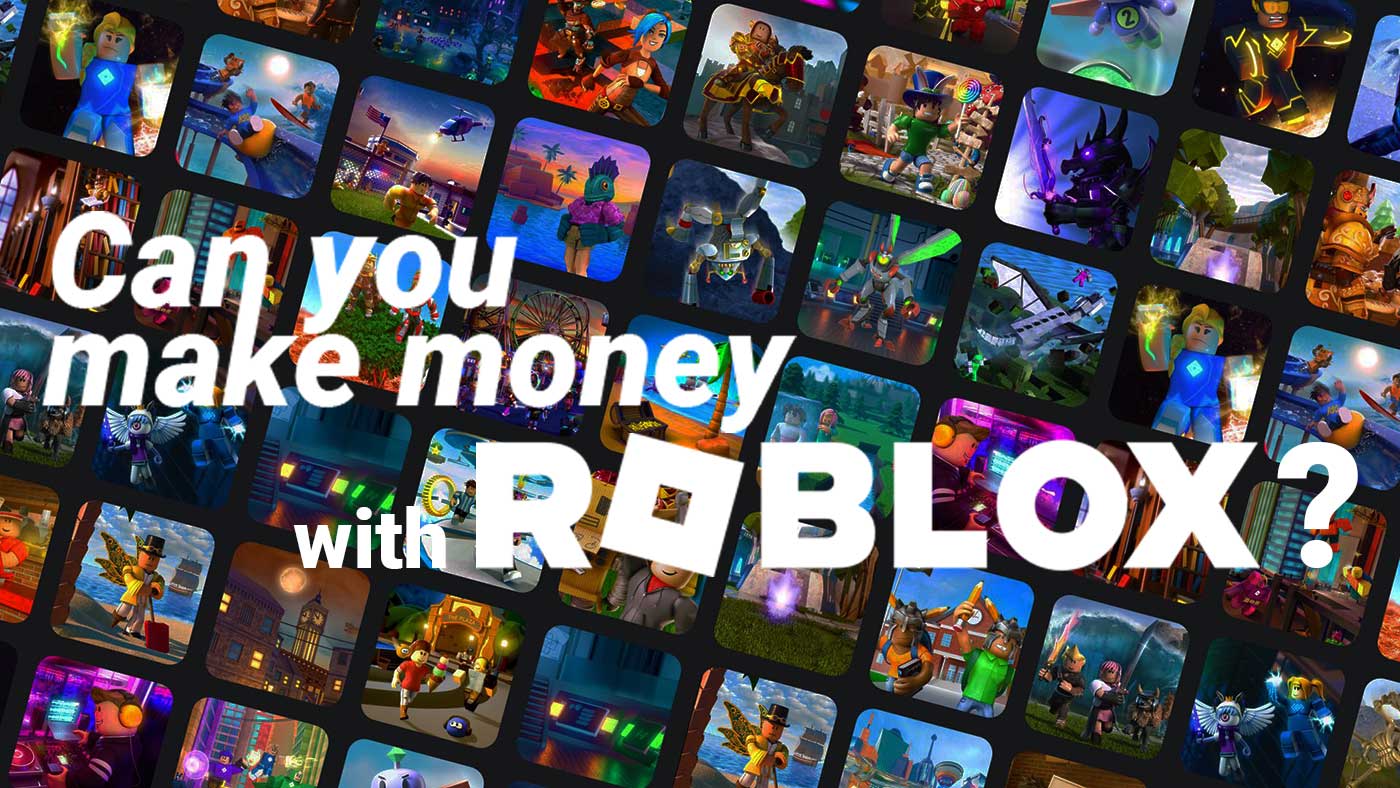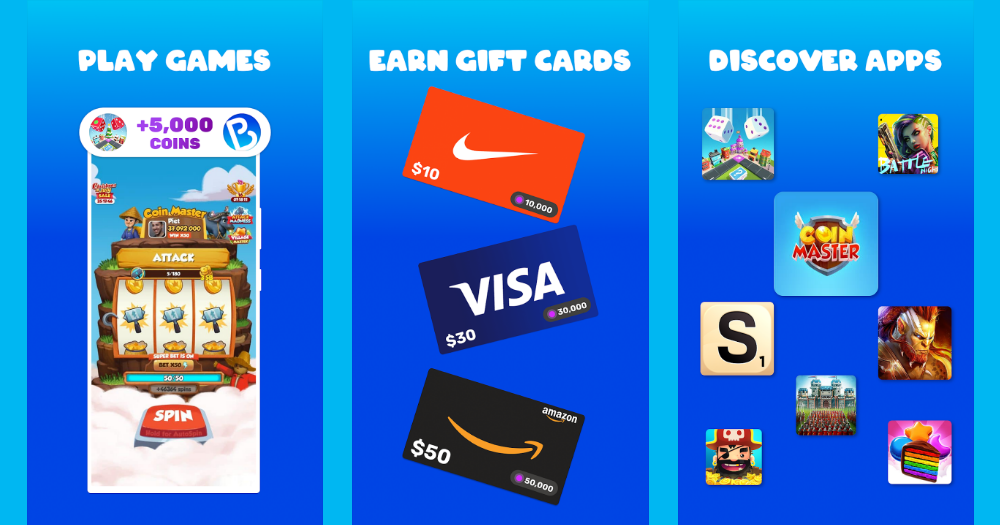Why Play to Earn Games Are the Future of Online Gaming and Financial Freedom
Why Play to Earn Games Are the Future of Online Gaming and Financial Freedom
Blog Article
Exactly How Play-to-Earn Games Are Changing the Pc Gaming Sector

Comprehending Play-to-Earn Mechanics
The play-to-earn design has actually emerged as an advanced idea within the pc gaming market, basically altering the relationship between players and the video games they involve with. This version enables gamers to earn tangible rewards, typically in the type of cryptocurrencies or non-fungible symbols (NFTs), through their in-game activities. Unlike traditional gaming frameworks that generally monetize through membership costs or single purchases, play-to-earn video games incentivize gamer engagement by directly linking gameplay accomplishments to real-world worth.
At the core of play-to-earn technicians is the integration of blockchain technology, which makes certain openness and verifiable possession of in-game assets. Players can get, sell, or trade these properties in decentralized marketplaces, empowering them with financial agency formerly hidden in conventional video gaming settings. Each player's payment to the video game ecological community-- be it via experienced play, calculated trading, or neighborhood participation-- improves the general gaming experience while offering them a chance to generate income.
As gamers spend time and resources, they not just grow their interaction with the video game however also promote a vibrant economy that reflects their collective initiatives (play and earn rewards). This improvement of gameplay into a monetizable venture is improving both player inspiration and game design
Economic Influence on Players

Furthermore, play-to-earn versions equalize accessibility to economic advantages. Gamers from differing socio-economic backgrounds can participate and potentially gain substantial income, linking gaps that exist in traditional task markets. This paradigm change cultivates financial freedom, particularly in regions where employment possibility might be limited.
In addition, the intro of online economies permits players to build wide range via calculated investments in in-game possessions, which can appreciate with time. This has resulted in the emergence of a brand-new course of gamers who come close to play-to-earn as a significant income-generating activity, usually leading to the reinvestment of revenues into the pc gaming community itself. Ultimately, the financial effect on gamers is extensive, as they navigate a landscape where recreation and resources merge.
The Role of Blockchain Modern Technology
What makes blockchain modern technology a cornerstone of play-to-earn video games is its ability to offer decentralization, transparency, and safety and security. By using a distributed ledger system, blockchain guarantees that all deals within the game are taped in an unalterable manner, allowing gamers to verify ownership of in-game properties without depending on a central authority. This transparency fosters trust among players, as they can independently verify the deficiency and provenance of digital items, improving their value.
Moreover, blockchain modern technology encourages players via decentralization, allowing them to involve in peer-to-peer transactions. Gamers are no longer restricted to in-game economic climates controlled by programmers; rather, they can trade, sell, or rent their possessions freely in open markets. This change not just raises the overall liquidity of electronic assets yet likewise encourages even more meaningful player engagement, as customers can straight take advantage of their time and effort bought the video game.
Furthermore, blockchain assists in the development of smart contracts, which automate different in-game processes, from incentives circulation to administration systems. play and earn rewards. This development minimizes the risk of fraud and guarantees fair play, further solidifying blockchain's integral duty in the development of play-to-earn pc gaming
Challenges and Criticisms
Regularly, play-to-earn video games deal with considerable challenges and objections that can prevent their growth and acceptance within the more comprehensive pc gaming neighborhood. One key worry is the possibility for a speculative bubble, where the worth of in-game properties can vary substantially, causing financial losses for players. This volatility undermines the security that conventional gaming atmospheres usually offer.
Additionally, the assimilation of blockchain innovation typically elevates questions regarding ecological sustainability. The energy usage related to particular blockchain networks has stimulated disputes relating to the eco-friendly effect of these games. Doubters say that the carbon footprint generated by play-to-earn systems might hinder eco-conscious gamers.
Furthermore, there are issues regarding ease of access and inclusivity. Lots of play-to-earn video games need players to spend significant in advance capital to acquire needed possessions, developing barriers for those with limited funds. This model can unintentionally produce a divide in between wealthier gamers and those that can not manage to participate.
Future Fads in Pc Gaming
As the video gaming market continues to develop, a number of future patterns are emerging that promise to improve the landscape of play-to-earn video games and beyond. One substantial pattern is the increasing integration of blockchain technology, which improves transparency and safety in deals. This will likely result in higher depend on amongst players, encouraging broader adoption of play-to-earn designs.
Additionally, the increase of non-fungible tokens (NFTs) is readied to change digital ownership, allowing players to genuinely own in-game properties. This change will certainly not only encourage gamers but likewise produce new economic opportunities within the digital environment. In addition, the convergence of pc gaming with various other markets, such as social networks and decentralized finance (DeFi), is anticipated to cultivate cutting-edge gameplay click this technicians and monetization methods.
In addition, innovations in artificial knowledge and equipment learning will allow more customized pc gaming experiences, accommodating individual player preferences and enhancing involvement. The expanding focus on community-driven development will likely affect video game layout, as gamers view increasingly take part in shaping their pc gaming environments. Jointly, these patterns suggest a transformative future for the video gaming industry, where play-to-earn designs will play a central function in redefining gamer communication and worth development.
Conclusion
To conclude, play-to-earn games stand for a considerable shift in the video gaming sector, cultivating economic chances through cutting-edge technicians that utilize blockchain modern technology. This design not just equalizes access to monetary benefits for gamers from various socio-economic histories yet likewise urges area engagement and empowerment. Despite encountering criticisms and difficulties, the possibility for future innovations recommends that play-to-earn video games will certainly proceed to form the gaming landscape, using new opportunities for riches creation and gamer involvement.
The development of play-to-earn video games stands for a substantial shift in the pc gaming industry, reshaping the relationship between gamers and the electronic economic climate (play and earn rewards).The play-to-earn design you can look here has actually arised as an advanced concept within the pc gaming industry, fundamentally altering the connection between players and the games they engage with. Unlike standard gaming structures that normally generate income from with subscription charges or one-time acquisitions, play-to-earn video games incentivize player participation by directly linking gameplay success to real-world value
These innovative gaming systems encourage gamers to generate real-world revenue through their in-game tasks, therefore transforming the typical notion of gaming from a simple activity right into a sensible financial opportunity. Regardless of facing challenges and objections, the potential for future improvements suggests that play-to-earn video games will proceed to shape the video gaming landscape, offering new avenues for wide range production and gamer involvement.
Report this page